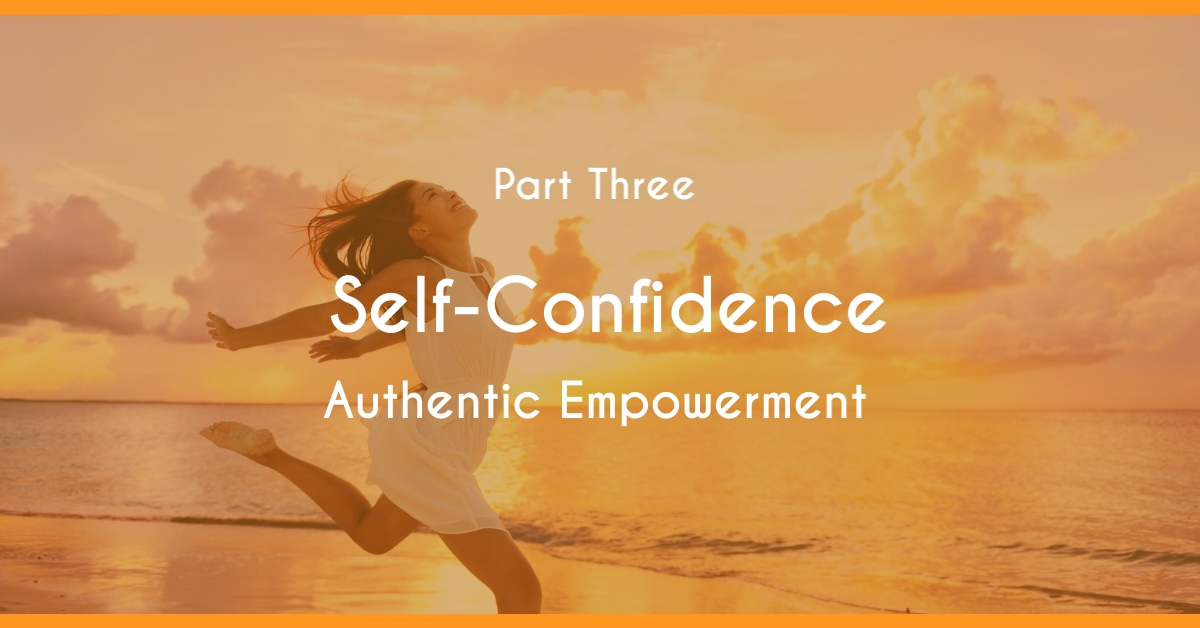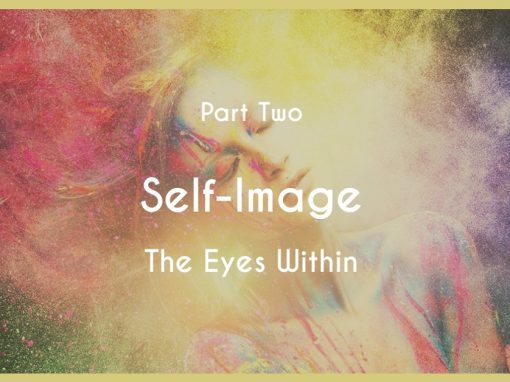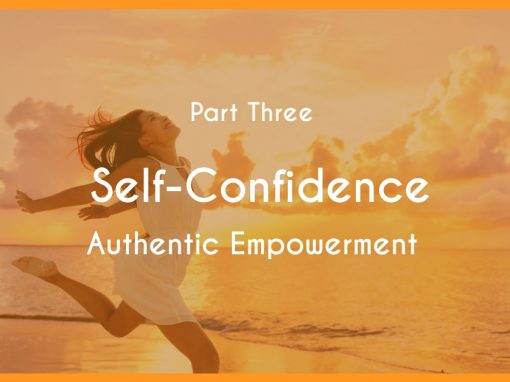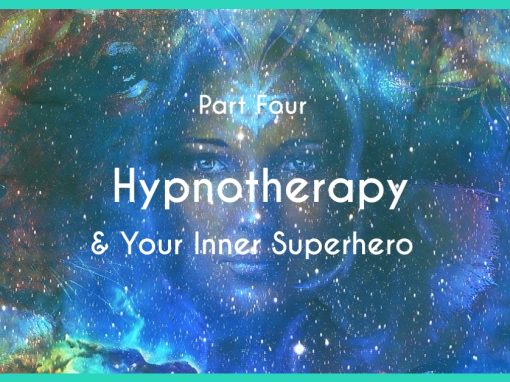Self-Confidence and Your Authentic Empowerment

Part 3: Self-confidence is derived from the word confidens which means firmly trusting or bold; and confidere which to to have full trust and reliance.
Self-confidence has the potential to be more situational and since it involves a feeling and it shift and vary depending on the situation.
I always ask clients do you think it is possible to walk around feeling joy all the time? I believe life provides opportunities to experience the spectrum of feelings.
What is interesting is when brought to the conscious mind, most people do not expect to walk around feeling super joyful all the time.
Yet the minute the experience the feeling of unconfident, quick conclusions are made such as “I have no confidence”.
The idea of self-confidence is what we term in NLP as a nominalization. Really self-confidence is a verb not a noun as it is the act of being in a state i.e. feeling. It is very common to have a limited belief system using the word self-confidence, especially when generalized to something as a constant.
“No one can make you feel inferior unless you give them your permission.” -Eleanor Roosevelt
I believe the self-image is where the inner critic shows up noticeably. When I work with clients I always encourage them to understand how they seem themselves, because that is the blueprint to change. This image may involve some very harsh judgements that have just been there out of habit.
I invite you to consider self-confidence as an experience rather than as a way to identify yourself. I also invite you to make the comparison of feeling empowered and not feeling empowered.
An experience provides a feeling, and that experience only defines you by your permission. The saying above by Eleanor Roosevelt is so true, yet I invite you to recognize what you don’t realize how often it is that you condemn yourself.
Who makes your thoughts true? These are just a few of the distortions that can make up your self-image. Self-image is unique to the individual. Again, remembering fifty percent of what you believed about yourself was already in place by the time you were five years old.So keeping in mind how you feel about yourself is more powerful than how you “think” about yourself. Feelings come from the unconscious mind. Affirmations are an attempt of the conscious mind to influence the unconscious mind. It is not an even match by a long-shot.
In the next section, how hypnotherapy can be used to help shift your beliefs and feelings, opening the path to permanent change.
Self Image and Self Esteem





